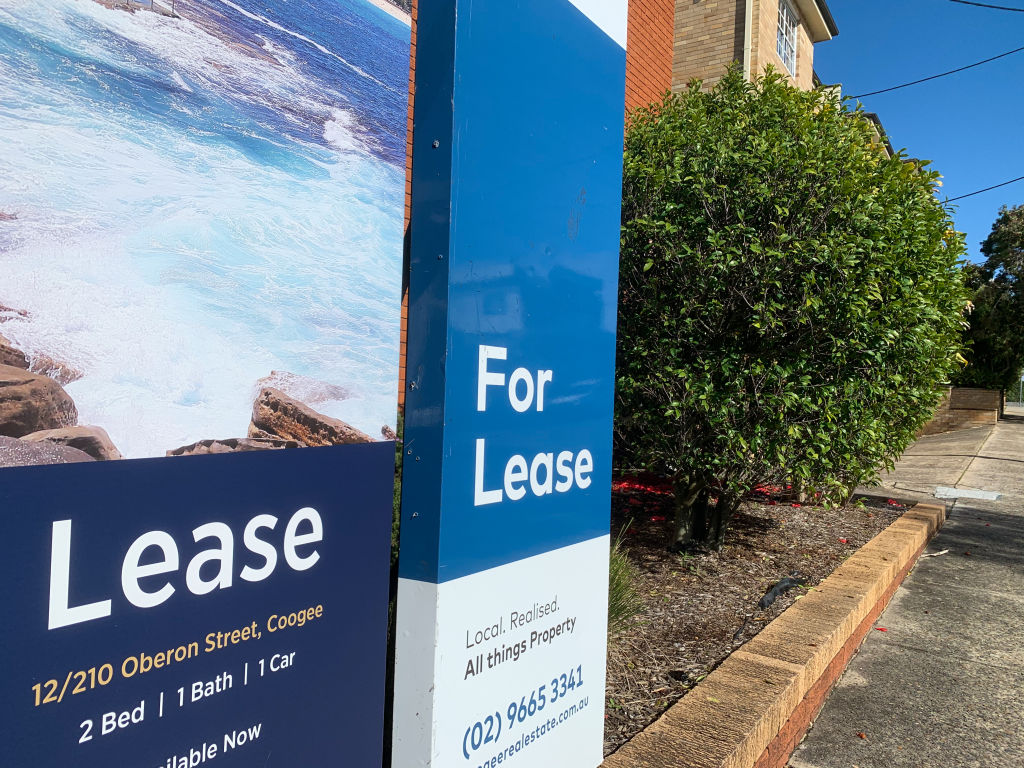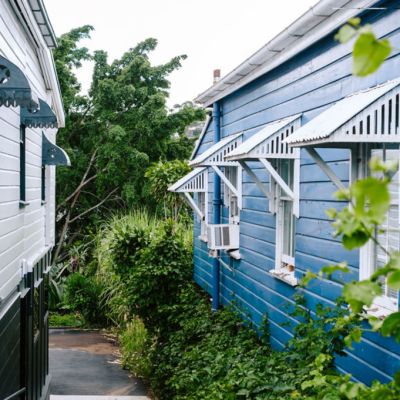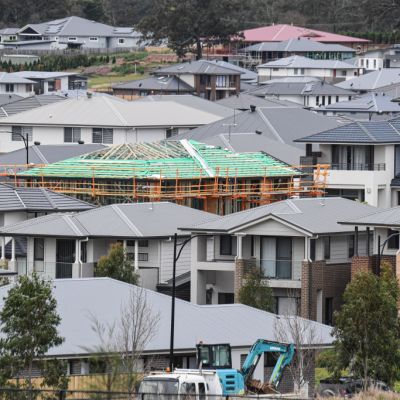Renters, owners search for cheaper housing as JobSeeker, JobKeeper cuts loom
Renters and home owners are rethinking their housing situations as cuts to JobSeeker and JobKeeper loom, moving out of expensive rentals to cheaper housing or looking to reduce debt.
JobSeeker will fall by $300 to $815.70 a fortnight on Friday, and JobKeeper will reduce by the same amount, to $1200 a fortnight, on Monday.
Victoria-based Barry Plant chief executive Mike McCarthy has seen both home owners and renters rethink their housing arrangements through the company.
“There’s no doubt we’ve seen a lot of people either making the move already, moving into cheaper accommodation or negotiating cheaper rent,” he said. “The big thing at the moment is uncertainty.
“We’re seeing some people act ahead of that time and think, ‘I’m going to be under pressure so I’ll think about changing my rental or home-owning arrangements’.
“They can see the writing on the wall at this point. It’s leading people to say, ‘I need to reduce or eliminate my debt’.”
NSW Tenants’ Union senior policy officer Leo Patterson Ross said in his state people were trying to adjust their housing situations to save cash.
“People are finding it tough to find homes where they actually live,” he said. “We know a lot of people have moved further west or regionally. We’ve seen a big spike of bonds [being lodged] outside the Sydney area and that all puts pressure on people trying to find new homes now.
“But it’s just a risky proposition, they’re just never going to pick the person on JobSeeker.”
Mr Patterson Ross said even with an eviction ban in place, renters might still choose to relocate.
“Even if you don’t have the eviction hanging over your head, it’s very hard to negotiate a lower rent,” he said. “The people holding on to housing negotiated at a higher rate [of welfare] so they’ll have to go back and get a lower rent [after the cuts].
“An eviction may not be the reason you need to leave … people still leave because of the debt.”

In Melbourne’s northern suburb of Preston, renter and JobSeeker recipient Caroline McAllister said she would consider moving into cheaper accommodation because of the coming cut to her income, despite already having negotiated a rent decrease.
“Cheaper accommodation would be the way to go,” she said. “It’s a confronting thought. We’ve been in a bit of a bubble the past few months, but in a good way.
“Looking down the line, I think that bubble is about to be burst. We’re about to see the impacts on the economy and we’re going to see the impact with jobs.”
Ms McAllister and her housemate were reconsidering their budgets, and looking to cut their spending on food and entertainment to get by.
Australian Unemployed Workers’ Union spokeswoman Kristen O’Connell said their experience was common.
“The small amount of cash people have had to spend in their community will go down,” she said. “They’ll be cutting back on spending at a cafe, getting a coffee.
“All of that money will have to be spent to keep on top of essential bills like electricity and water.”
Ms O’Connell said JobSeeker recipients tended to spend on housing first, and then on other concerns later.
“As of late last year, 45 per cent of people in JobSeeker payments had either a disability or a chronic illness,” she said. “Anyone faced with medical costs, that would affect their ability to pay rent, I think all of those people will forgo medical care to maintain housing.”
Ms O’Connell said landlords would now face further uncertainty on their investments.
“It’s going to hurt landlords,” she said. “[JobSeeker and JobKeeper recipients] will have to break their leases and move out.
“It’s going to hurt small businesses and the effects of it will be reverberating throughout the economy.”
We recommend
We thought you might like
States
Capital Cities
Capital Cities - Rentals
Popular Areas
Allhomes
More










